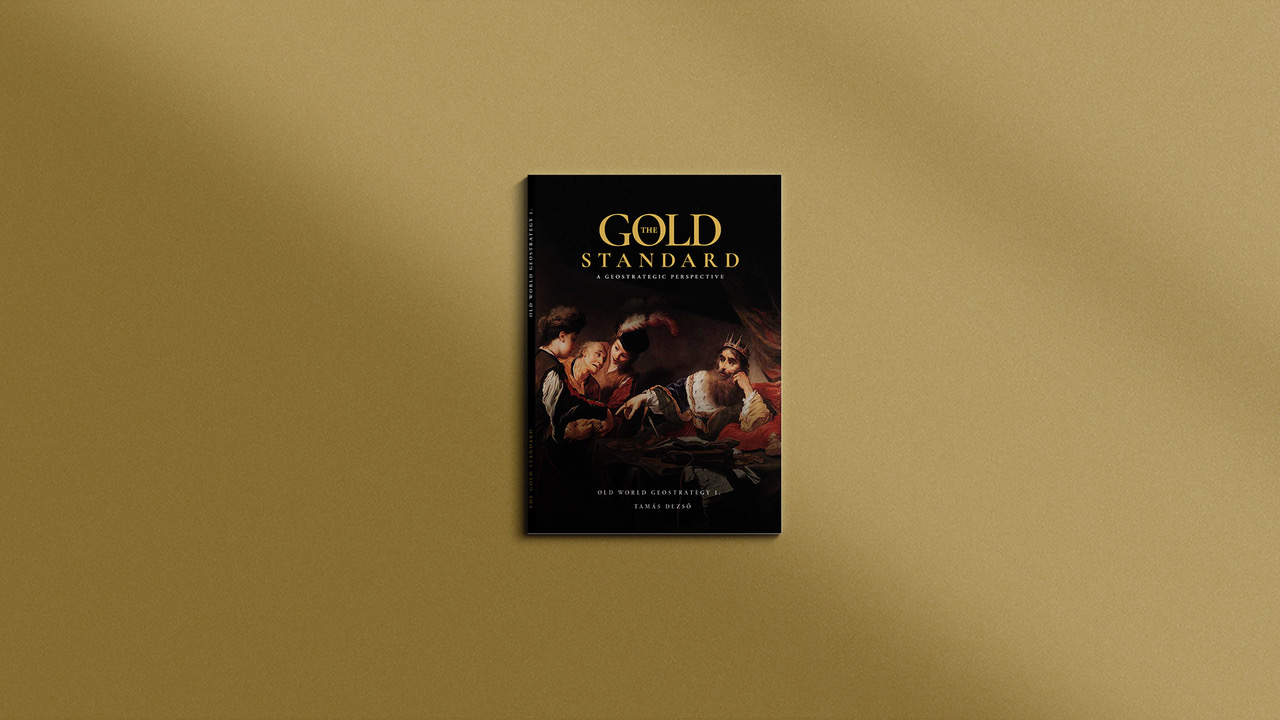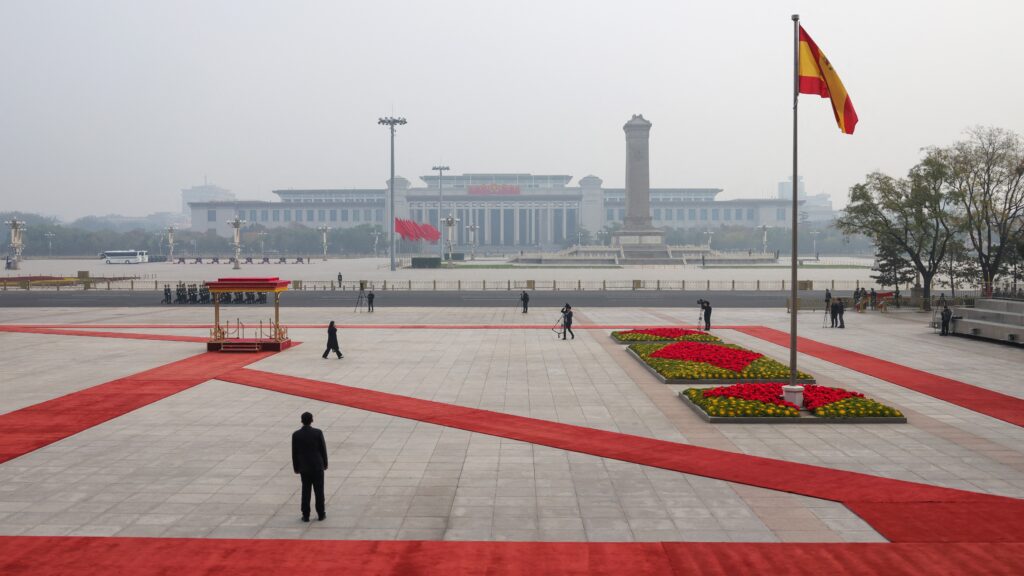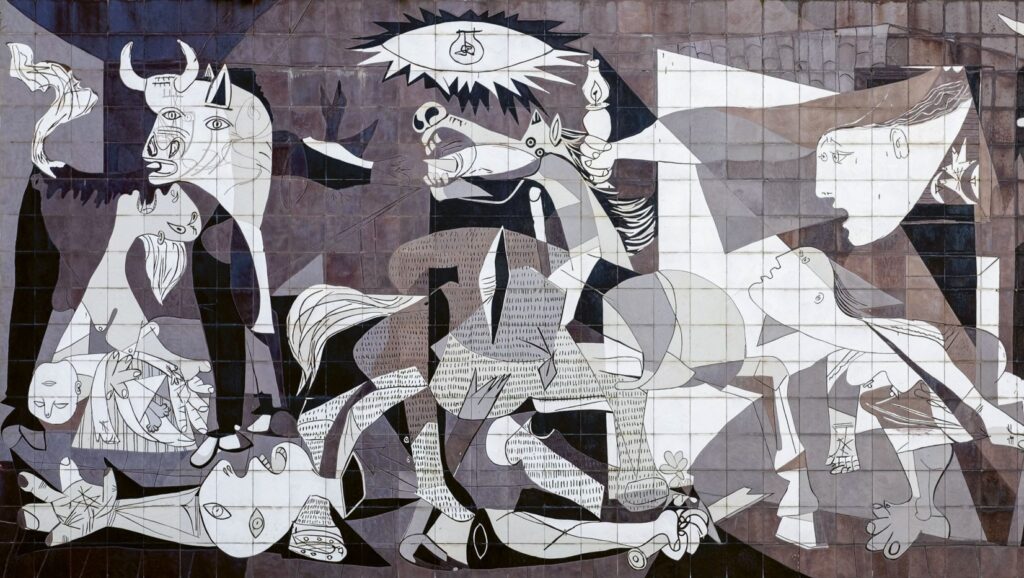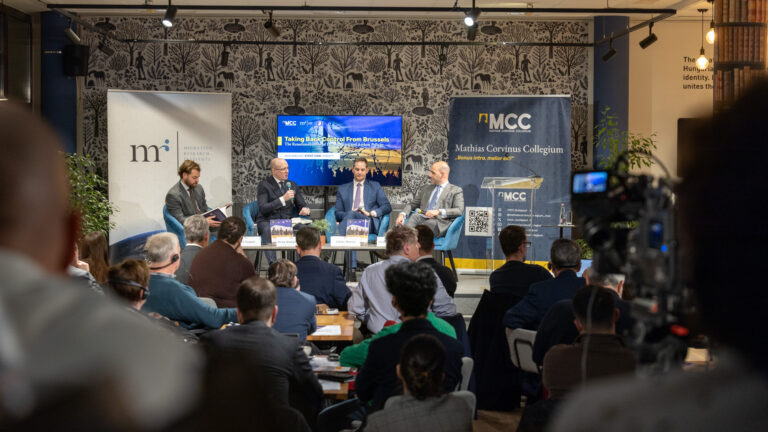Since the 2008 financial crisis, central banks in and outside of the Global West have been stockpiling gold in their reserves. This, in turn, led to a drastic and steady increase in the gold price. In 2008, an ounce of gold went for less than $1,000 in the commodities markets. Today, as of the time of writing this, an ounce of gold is worth $3,624.
Where will this ultimately lead? This is what President of the Board of Trustees of the Batthyány Lajos Foundation Tamás Dezső explored in his research paper titled The Gold Standard — A Geostrategic Perspective.
An important distinction is noted in the title: the paper examines the question not through an economic lens, but through a historical and geopolitical lens.
‘Gold is recognized and appreciated in every country and every region of the world, and there is a general public confidence in its value. This millennia-old public trust does not require a state or international guarantee, as is the case with any monetary system. Moreover, gold can hardly be sanctioned at the level of ordinary people. This is why gold, in some ways an alternative to printed/coined money, has survived all the economic and financial crises that have arisen since currencies were separated from the gold standard,’ the author writes in his piece.
‘Gold is recognized and appreciated in every country and every region of the world, and there is a general public confidence in its value’
Discussions about returning to a gold-based currency system have become even more pertinent as the BRICS nations are admittedly trying to end their reliance on the US dollar as the global reserve currency. The five founding members of BRICS (Russia, China, India, South Africa, and Brazil), along with five additional countries that have joined the alliance as full-fledged members and a number of so-called ‘associate member’ countries, have voiced their intention to create a ‘new common value measure’ to replace the US dollar.
The author speculates that gold could either be the basis or one of the bases for this new monetary system used by BRICS nations. Furthermore, if these plans are implemented, the precious metal could take on the additional function of being the basis of conversion between the Global West’s dollar-based system and the new BRICS monetary system.
This process has been greatly accelerated by the sanctions put on Russia by Western nations following the Russian invasion of Ukraine in February 2022—most notably, by the removal of Russia-based banks from the SWIFT system.
With the demand for gold increasing globally, it is important to note one very important characteristic of this commodity: global gold supplies are very much finite.
‘Gold is not produced in the Solar System. According to our current knowledge, only neutron star explosions generate enough energy/pressure/heat to create the right conditions for gold to form and produce gold…Therefore, on Earth, only gold that was scattered in our galaxy billions of years ago during neutron star explosions and incorporated into the mass of the Earth during planetary formation is available. The amount of gold is, therefore, finite,’ the author points out.
‘The amount of gold is, therefore, finite’
There is only an estimated 59,000 metric tonnes of gold left to be mined on Earth. As the global extraction efforts escalate and the available new supplies are running out, the price of gold is projected to rise even further.
The BRICS countries—who are already ahead of the G7 nations in terms of their share of the global GDP and the world population—can take advantage of these developments in the commodities and foreign exchange markets, author Tamás Dezső opines, by establishing a gold-based digital currency.
And thus, the gold standard could be reintroduced, for the first time since Switzerland became the last country to abandon it in 1999, but for a digital currency this time.
Related articles:







